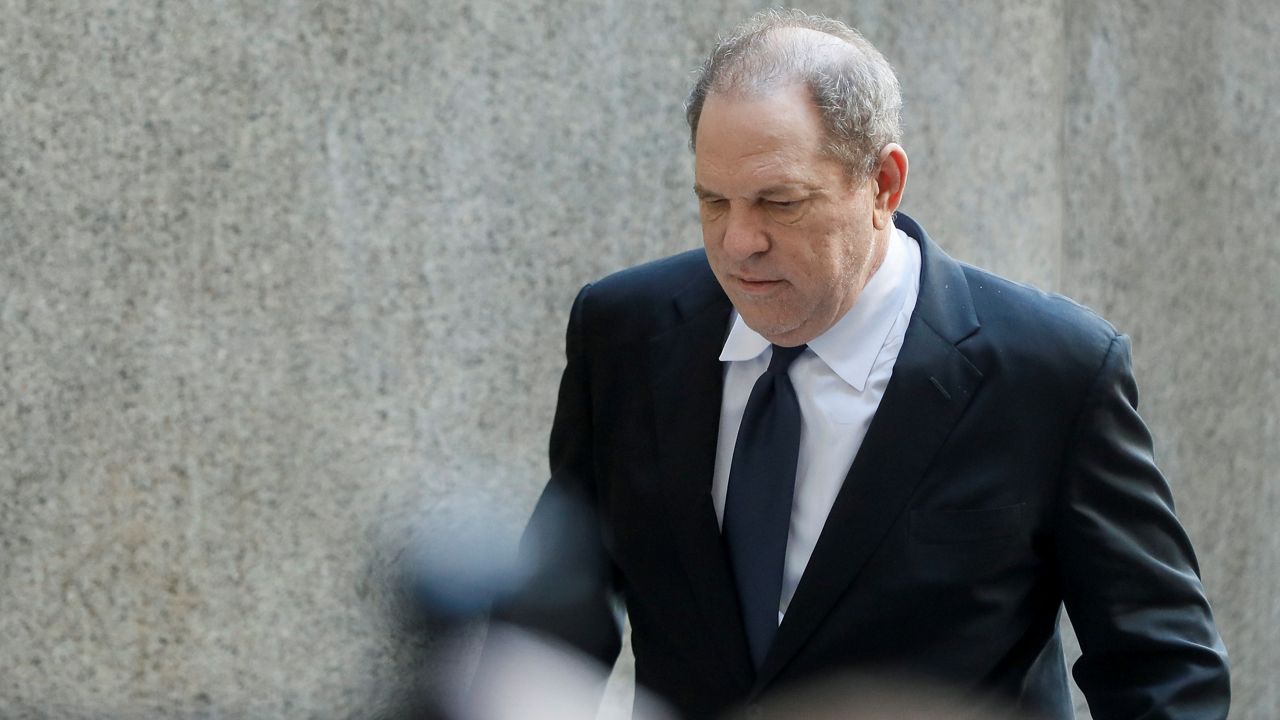State Senate leaders say they'll pass legislation Wednesday to strengthen sexual assault prosecutions in New York after Harvey Weinstein's rape conviction was thrown out late last month.
The bill would permit evidence from a prior sex crime to be used when a defendant is accused of a subsequent sexual offense.
While lawmakers on both sides of the political aisle support the change, some are concerned the legislation as written violates the state Constitution.
The state's highest court overturned Hollywood producer Harvey Weinstein's rape conviction last month over a state law that doesn't permit the testimony of witnesses from prior offenses to be admitted as evidence.
Senate Deputy Majority Leader Michael Gianaris quickly introduced a bill to clarify the law and allow testimony from prior sexual offenses be used to prosecute other sex crimes. He says senators are expected to pass the new legislation Wednesday.
"The court was just interpreting what the current state of the law is," Gianaris said. "New York's law has never been clear. It's all been derived from case law."
Republicans, meanwhile, rallied to Court of Appeals procedures to limit when a judge can recuse themselves from a case and require the reason be made public, and to create a fairer system for the chief justice to select a replacement.
They argue Senate Democrats purposely appointed politically progressive justices for the state's highest court that have politicized the bench, which led to Weinstein's conviction being overturned.
Sen. Anthony Palumbo argued Democrats chose justices who would benefit them in redistricting challenges, and ignored signs how they would handle a case like Weinstein's.
"So this is once again a prime example of putting political gains and political interests over victims rights. Period," Palumbo said.
Dan Schorr, who investigates sexual misconduct cases and is a former criminal prosecutor, says the majority opinion released by the state's highest court argues too much evidence of other sex crime allegations were brought up in the trial but cautions that "this was in no way an exoneration of Harvey Weinstein."
"The issue here is whether a defendant in a criminal trial should have uncharged conduct be used against them in a way that might show a propensity to do something wrong," Schorr said. "And that's something that might be unfair to all defendants, not just the Harvey Weinsteins of the world."
Republicans say they'll vote for the bill when it comes to the floor, even though they're concerned it may violate the state Constitution.
Albany Law School professor Vin Bonventre agreed the legislation could be met with constitutional challenges if it's signed into law.
"We're going to tell you about the evidence that he's committed this before. That's so terribly unfair," Bonventre said. "I think the Court of Appeals would, and I think it should throw that out as a matter of basic fundamental constitutional fairness."
But Gianaris said he's confident the bill will pass and holds up constitutional muster since a similar federal standard has been in place for over three decades, and it's in place in 16 other U.S. states.
"I don't expect any constitutional problems and obviously Republicans, in efforts to find political advantage, are now casting stones at things that have absolutely no merit," Gianaris said.
Correction: The original story was updated to correct Dan Schorr's comments on the Court of Appeals ruling.


